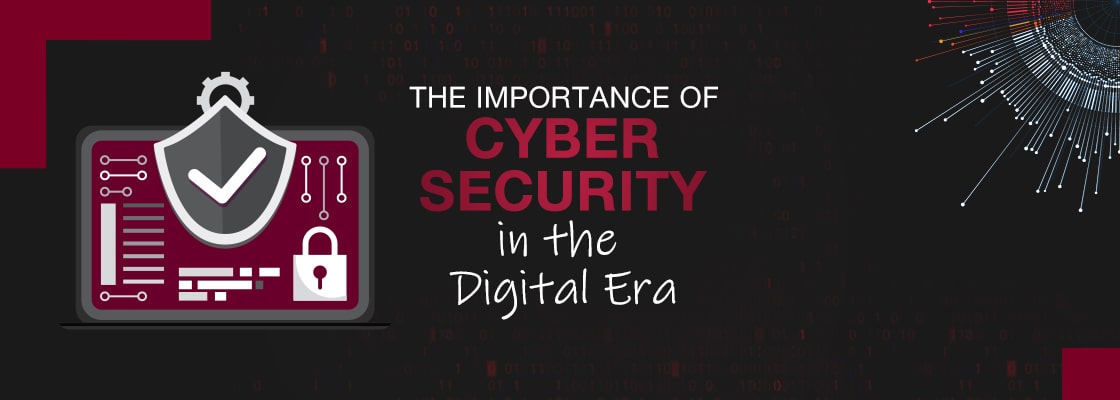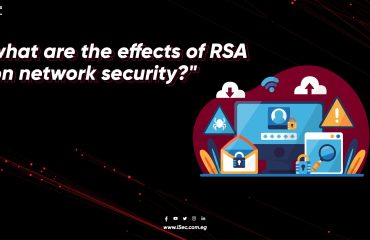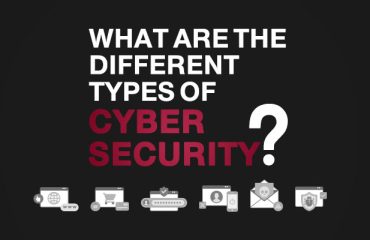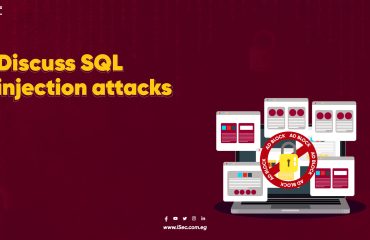
In today’s digital age, cybersecurity is more important than ever before. With the increasing reliance on technology and the internet for both personal and professional use, it is essential to ensure that your business and personal information is protected online. Cybersecurity refers to the practice of protecting computer systems, networks, and devices from digital attacks and vulnerabilities. These attacks can come in the form of malware, phishing scams, ransomware, and more, and can have serious consequences for both individuals and businesses.
One of the main reasons why cybersecurity is so important is that it protects your sensitive information. This includes financial data, personal identification information, and intellectual property. If this information falls into the wrong hands, it can lead to identity theft, financial fraud, and other serious issues. For businesses, a cyber attack can also result in the loss of confidential business data and damage to the company’s reputation.
In addition to protecting sensitive information, cybersecurity is also important for maintaining the integrity and availability of information and systems. Cyber attacks can disrupt the normal functioning of a business, leading to lost productivity and revenue. In some cases, attacks can even result in the temporary or permanent shutdown of a business.
Another reason why cybersecurity is crucial is that it helps to prevent the spread of malware and other malicious software. Malware is a type of software that is designed to damage or disrupt computer systems. It can be spread through email attachments, websites, and other online sources, and can cause serious damage to both personal and business computer systems. By implementing proper cybersecurity measures, businesses and individuals can protect themselves and others from the spread of malware.
What can you do to protect your business and personal information online?
There are several measures you can take to improve your cybersecurity:
- Use strong and unique passwords: Using strong and unique passwords for all of your online accounts is one of the most effective ways to protect your information. Avoid using the same password for multiple accounts and try to use a combination of letters, numbers, and special characters. You can also use a password manager to help you generate and store strong passwords.
- Enable two-factor authentication: Two-factor authentication is an extra layer of security that requires you to provide a second form of identification in addition to your password. This can be a code sent to your phone or email, a fingerprint scan, or a security token. Enabling two-factor authentication can help to prevent unauthorized access to your accounts.
- Keep your software and devices up to date: Keeping your software and devices up to date is important for a number of reasons, including improving performance and fixing vulnerabilities. Make sure to regularly update your operating system, security software, and other applications to ensure that you have the latest security features and patches.
- Be cautious when clicking links or downloading attachments: It’s important to be cautious when clicking links or downloading attachments, especially if you don’t know the sender or if the email looks suspicious. Phishing scams are a common way for hackers to gain access to your information, so it’s important to be vigilant.
- Use a virtual private network (VPN): A VPN encrypts your internet connection and helps to protect your online activity from being monitored or tracked. This can be especially useful when using public WiFi or accessing sensitive information on unsecured networks.
By taking these steps and implementing proper cybersecurity measures, you can protect your business and personal information online and reduce the risk of a cyber attack. It’s important to remember that cybersecurity is an ongoing process and requires regular monitoring and updates to stay effective. By staying vigilant and proactive, you can ensure the security of your business and personal information in the digital age



